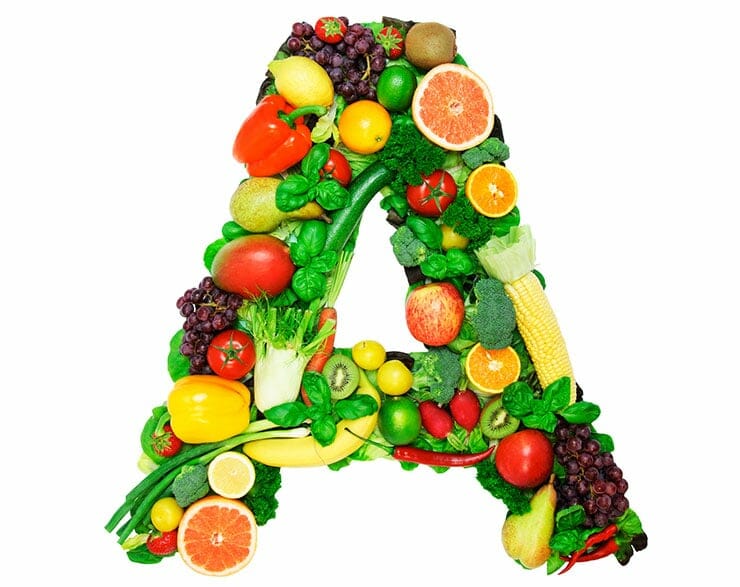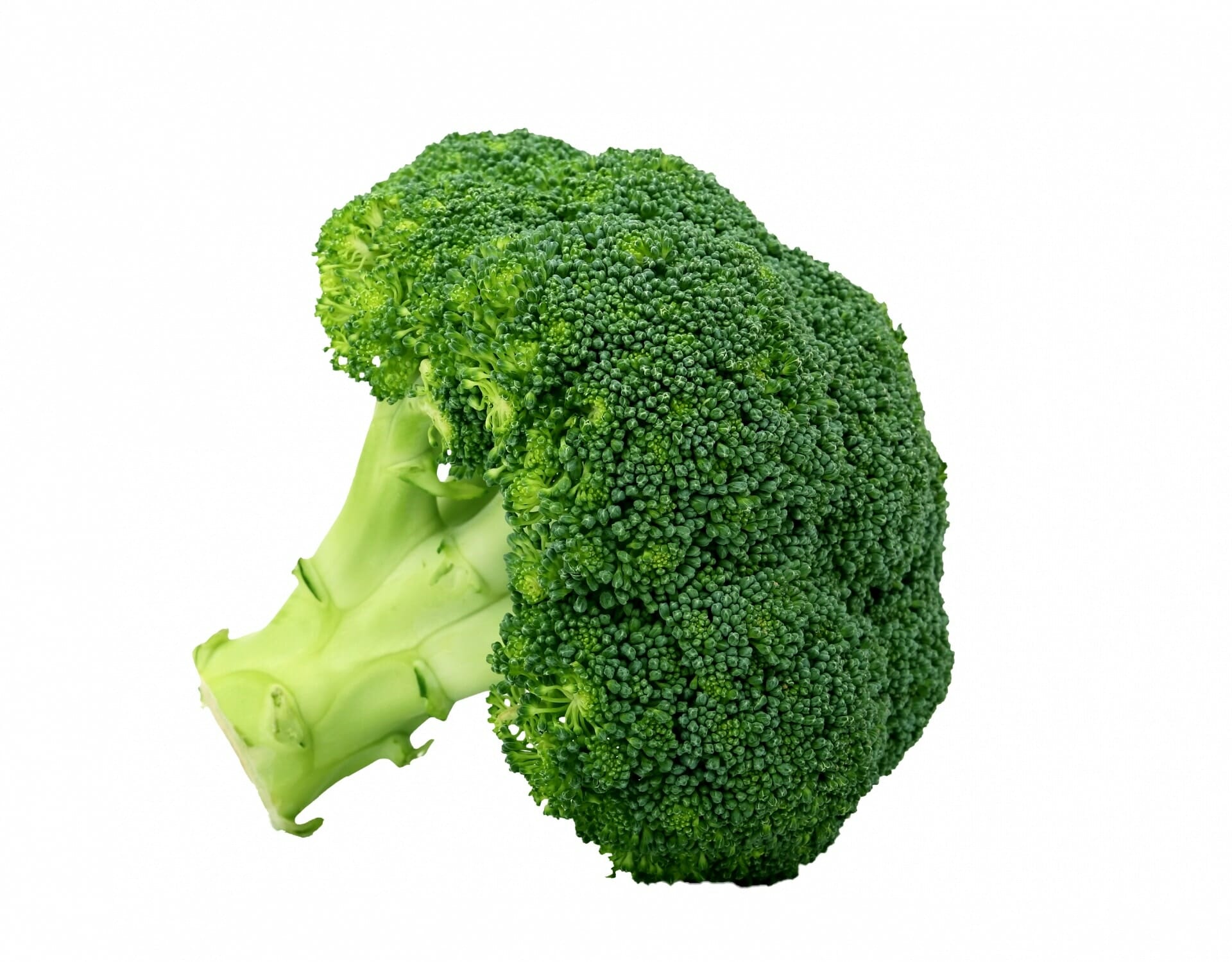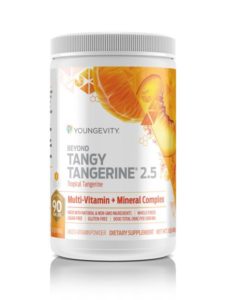
Vitamin A is a fat-soluble vitamin that is good for healthy vision, skin, bones and other tissues in the body. Vitamin A typically works as an antioxidant, combating cell damage, however it also has numerous other benefits.
” Through its role with cell growth and division, vitamin A has a crucial function in the typical development and upkeep of the heart, lungs, kidneys and other essential organs,” Dr. Sherry Ross, females’s health expert at Providence Saint John’s Health Center in Santa Monica, California, informed Live Science.
Sources of Vitamin A
There are two kinds of vitamin A.
Preformed vitamin A, likewise called retinol, is discovered in animal products. Good sources are fortified milk, eggs, meat, cheese, liver, halibut fish oil, cream and kidneys.
Pro-vitamin A is discovered in plant-based foods such as fruits and vegetables. The most typical kind of pro-vitamin A is beta-carotene, a carotenoid that produces dark pigments in plant foods. Beta-carotene can be found in these vibrantly colored foods:
Cantaloupe
Pink grapefruit
Apricots
Carrots
Pumpkin
Sweet potatoes
Winter squash
Dark green, leafy veggies
Broccoli
(Blue-Green algae is also a source of Vitamin A)
Sourcing Vitamin A from foods is the primary way to ensure you are getting enough. You can also supplement your Vitamin A intake with a quality multi-vitamin to get the best results.
Benefits of Vitamin A
Vitamin A has many varied functions. Retinol not only creates the pigments in the retina of the eye, according to NLM, but likewise is integral for excellent vision, specifically night vision, and general eye health.
An age-related eye illness research study by the National Eye Institute found that taking high levels of antioxidants, such as vitamin A, together with zinc, may decrease the danger of developing sophisticated age-related macular degeneration by about 25 percent.
Age-related macular degeneration is the most common cause of loss of vision in the older population, stated Ross.
Vitamin A also assists skin grow and reparation of skin damage.
Other functions of vitamin A consist of the formation and upkeep of teeth, bones, soft tissue, white blood cells, the body immune system and mucous membranes. Beta-carotene also functions as an antioxidant, safeguarding cells from totally free extreme damage.
Though many anti-oxidants prevent cancer, there is no evidence that beta-carotene supplements are valuable in the prevention of cancer, according to the National Cancer Institute. On the other hand, all-natural beta-carotene that can be taken in through vegetables and fruits has been discovered to helpful in avoiding cancer in numerous research studies.
Vitamin A is easy to obtain in the western developed world, but it is still very much important, so keeping a steady supply pumping through your system can’t hurt. In some developing areas Vitamin A deficiency leads to many health issues as the population may lack enough from foods or supplements.
Remember, broccoli was mentioned as amazing for getting the right fiber in our digestive tract in our recent posting. It’s also a great source of Vitamin A and has other beneficial qualities, so many people do consider it a type of superfood.
So get started today and again – eat that broccoli!





No comment yet, add your voice below!